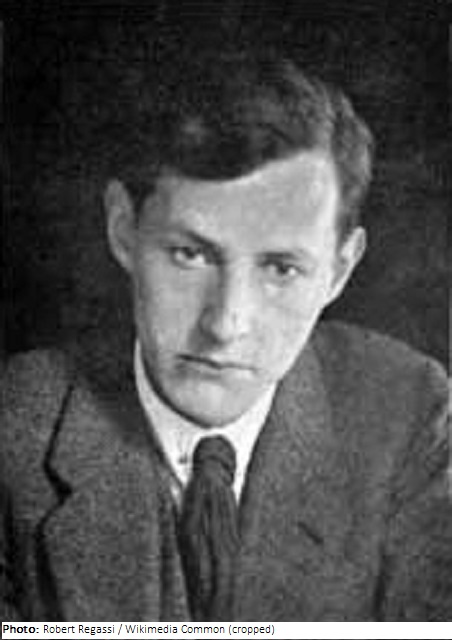Willem Pijper

Biographical information
| Roles | Referee |
|---|---|
| Sex | Male |
| Full name | Willem Frederik Johannes•Pijper |
| Used name | Willem•Pijper |
| Born | 8 September 1894 in Zeist, Utrecht (NED) |
| Died | 18 March 1947 (aged 52 years 6 months 10 days) in Leidschendam, Zuid-Holland (NED) |
| NOC |  Netherlands Netherlands |
Biography
Willem Pijper received rudimentary training from his father, an amateur violinist, before attending the Toonkunst School of Music in Utrecht. There he studied piano and composition from 1911-16. To earn his living, Pijper started writing music reviews and essays in newspapers and magazines, for instance as music critic of the Utrecht Dagblad from 1917-23.
From 1918 Pijper taught theory at the Amsterdam Conservatory and later as professor of composition from 1925-30. Thereafter, he was director of the Rotterdam Conservatory until his death in 1947. From 1926-29 he was also co-editor of the monthly journal De Muziek.
Pijper is considered as one of the most important Dutch composers of the first half of the 20th century. In his music, he first pursued the romantic tradition of Gustav Mahler (1860-1911) and then adopted the harmonic approach of the modern French school. In his works, he used polytonality and polyrhythms. Pijper developed a “germ cell theory” with an initial chord or motive as the source of all subsequent harmonic and melodic developments. In his octatonic “Pijper scale”, whole and half tones alternate. He wrote orchestral, chamber, and piano music, choral music, and songs, as well as two operas, the second of which, entitled Merlin, was based on motifs from Arthurian legend. The latter, however, remained unfinished after several years.
During the German bombardment of Rotterdam in May 1940, almost all of Pijper’s manuscripts were destroyed by fire, including the unpublished score of his 2nd Symphony, which was restored by his student Karel Mengelberg in 1961.
Referee
| Games | Sport (Discipline) / Event | NOC / Team | Phase | Unit | Role | As | |
|---|---|---|---|---|---|---|---|
| 1928 Summer Olympics | Art Competitions |  NED NED |
Willem Pijper | ||||
| Music, Compositions For Orchestra, Open (Olympic) | Final Standings | Judge | |||||
| Music, Compositions For Solo Or Chorus, Open (Olympic) | Final Standings | Judge | |||||
| Music, Instrumental And Chamber, Open (Olympic) | Final Standings | Judge |